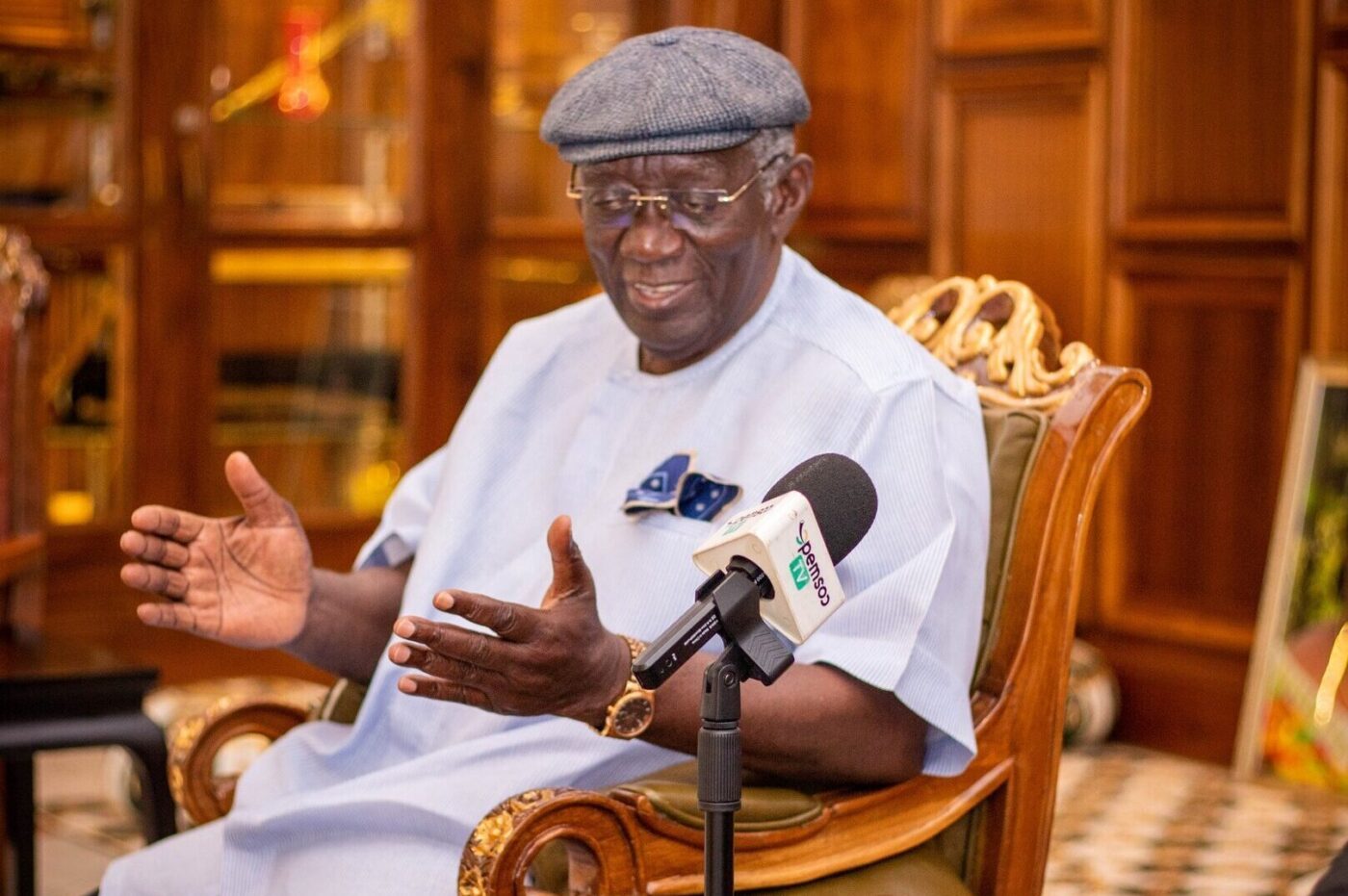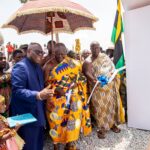How Asantehene Rescued Ghana From HIPC

Former President of Ghana, John Agyekum Kufuor, has commended the significant role played by Asantehene Otumfuo Osei Tutu II in rescuing Ghana from a dire economic crisis during his tenure.
President Kufuor recounted a pivotal moment when Ghana faced rejection from the International Monetary Fund (IMF) regarding a crucial deal aimed at pulling the country out of the Highly Indebted Poor Countries (HIPC) initiative.
“We entered into HIPC as a country, and it was a dire situation. Ghana was struggling to receive foreign aid, so we engaged in negotiations with the IMF for two years, hoping to resolve our economic woes. However, at the last minute, the IMF meeting omitted Ghana from the agenda due to reports of irregularities at the Ministry of Finance,” Kufuor revealed during an interview with Opemsuo Radio’s Kofi Boakye.
He continued, “At that critical juncture, Otumfuo was scheduled to travel to America, where he had connections with influential figures. Just before his departure, he visited me at the Castle and I bid him farewell. The news of the rejection arrived just when he left.”
“However, 3 to 4 days later, Juabenhene visited me, and I was surprised to see him because I thought he had traveled with Otumfuo. I briefed him on the failed IMF deal and urged him to inform the King when he leaves the country.
Kufuor emphasized the swift action taken by Otumfuo, highlighting a phone call made to him by the Asante monarch shortly after being briefed by Juabenhene.
“Juabenhene wasted no time in conveying the message to Otumfuo, who immediately contacted me.”
Otumfuo promptly facilitated a conversation between Kufuor and his World Bank contact, leading to assurances of support from the IMF.
“Through his connections, Otumfuo arranged for me to speak directly with a World Bank official and later with an IMF official, who promised to advocate for Ghana’s case. This collaborative effort ultimately saved Ghana from the brink of economic crisis and out of HIPC.”
“At that time, Ghana owed around $8 billion but that approval saved Ghana over $4 billion,” he added.
Story by Adwoa S. Danso
Comments are closed.



